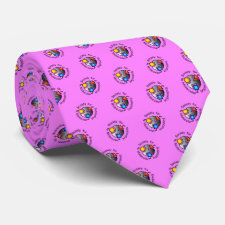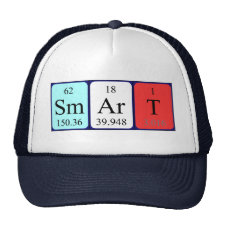
Authors: Miyata T
Article Title: Preparation of smart soft materials using molecular complexes.
Publication date: 2010
Journal: Polymer Journal
Volume: 42
Issue: (4)
Page numbers: 277-289.
DOI: 10.1038/pj.2010.12
Abstract: This article provides a short overview of our research regarding the preparation of smart soft materials using molecular complexes that reversibly associate and dissociate in response to environmental changes. Stimuli-responsive hydrogels that show swelling/shrinking in response to pH and temperature were prepared by copolymerization of a monomer bearing a phosphate group and other various monomers. Hydrogels with phosphate groups were useful tools for the construction of self-regulated drug delivery systems. Furthermore, we proposed a strategy for the preparation of biomolecule-responsive hydrogels that use reversible crosslinks in the networks of biomolecular complexes. Based on this strategy, we have prepared two types of biomolecule-responsive hydrogel that undergo changes in volume in response to target biomolecules. This was accomplished using biomolecular complexes such as antigen-antibody complexes and saccharide-lectin complexes and both a biomolecule-crosslinked hydrogel and a biomolecule-imprinted hydrogel have been synthesized with this approach. Biomolecule-crosslinked hydrogels, such as glucose- and antigen-responsive hydrogels, swelled in the presence of a target biomolecule due to the dissociation of biomolecular complexes that act as reversible crosslinks. On the other hand, biomolecule-imprinted hydrogels, such as tumor marker glycoprotein-responsive hydrogels, shrank in response to a target biomolecule due to the formation of a complex between ligands (lectin and antibody) and the target biomolecule. Thus, biomolecule-responsive hydrogels have many potential applications as smart biomaterials in biomedical fields. Although most smart soft materials prepared using molecular complexes still require further research, they are likely to become important materials in the future. -® The Society of Polymer Science, Japan (SPSJ) All rights reserved
Author keywords: Bioconjugation, complex, Crosslink, hydrogel, molecular recognition, Soft material, stimuli-responsive hydrogel



Join the Society for Molecular Imprinting

New items RSS feed
Sign-up for e-mail updates:
Choose between receiving an occasional newsletter or more frequent e-mail alerts.
Click here to go to the sign-up page.
Is your name elemental or peptidic? Enter your name and find out by clicking either of the buttons below!
Other products you may like:
 MIPdatabase
MIPdatabase









